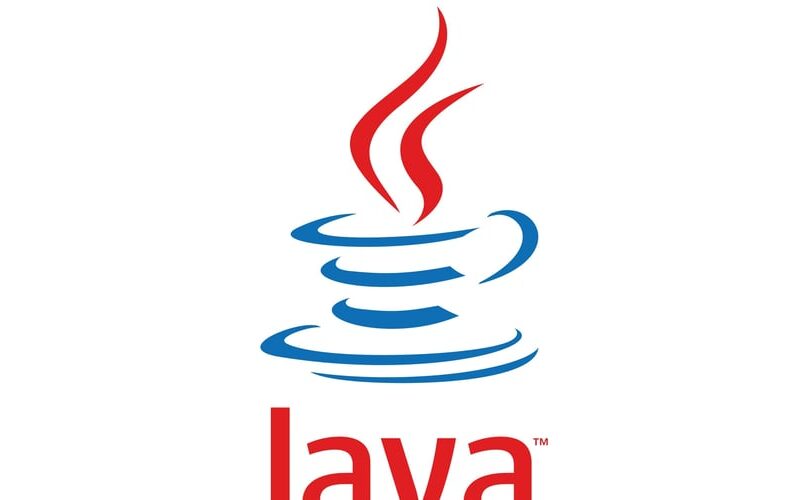The BigInteger and BigDecimal classes can be used to represent integers or decimal numbers of any size and precision. If you need to compute with very large integers or high-precision floating-point values, you can use the BigInteger and BigDecimal classes in the java.math package. Both are immutable. The largest integer of the long type is Long.MAX_VALUE (i.e., 9223372036854775807). An instance of BigInteger can represent an integer of any size. You can use new BigInteger(String) and new BigDecimal(String) to create an instance of BigInteger and BigDecimal, use the add, subtract, multiply, divide, and remainder methods to perform arithmetic operations, and use the compareTo method to compare two big numbers. For example, the following code creates two BigInteger objects and multiplies them.
BigInteger a = new BigInteger("9223372036854775807");
BigInteger b = new BigInteger("2");
BigInteger c = a.multiply(b); // 9223372036854775807 * 2
System.out.println(c);
The output is 18446744073709551614.
There is no limit to the precision of a BigDecimal object. The divide method may throw an ArithmeticException if the result cannot be terminated. However, you can use the overloaded divide(BigDecimal d, int scale, int roundingMode) method to specify a scale and a rounding mode to avoid this exception, where scale is the maximum number of digits after the decimal point. For example, the following code creates two BigDecimal objects and performs division with scale 20 and rounding mode BigDecimal.ROUND_UP.
BigDecimal a = new BigDecimal(1.0);
BigDecimal b = new BigDecimal(3);
BigDecimal c = a.divide(b, 20, BigDecimal.ROUND_UP);
System.out.println(c);
The output is 0.33333333333333333334.
Note that the factorial of an integer can be very large. The program below gives a method that can return the factorial of any integer.
BigInteger.ONE (line 10) is a constant defined in the BigInteger class. BigInteger.ONE is the same as new BigInteger(“1”).
A new result is obtained by invoking the multiply method (line 12).
Source link
lol

